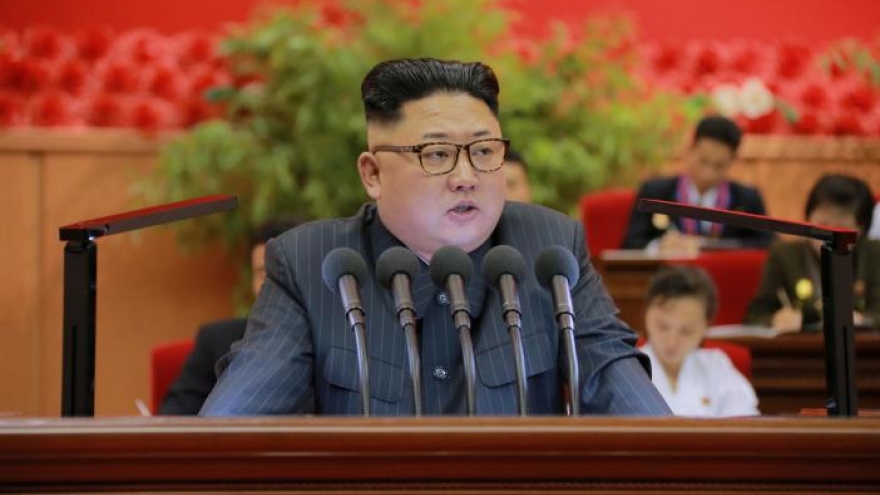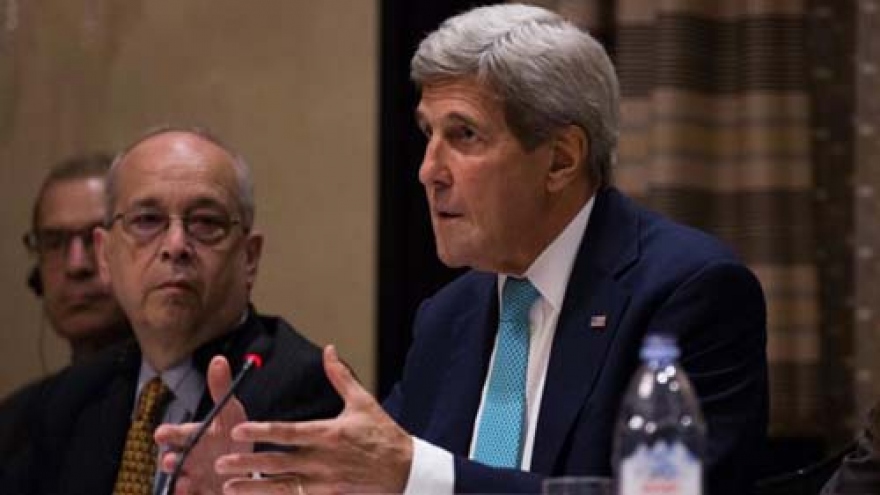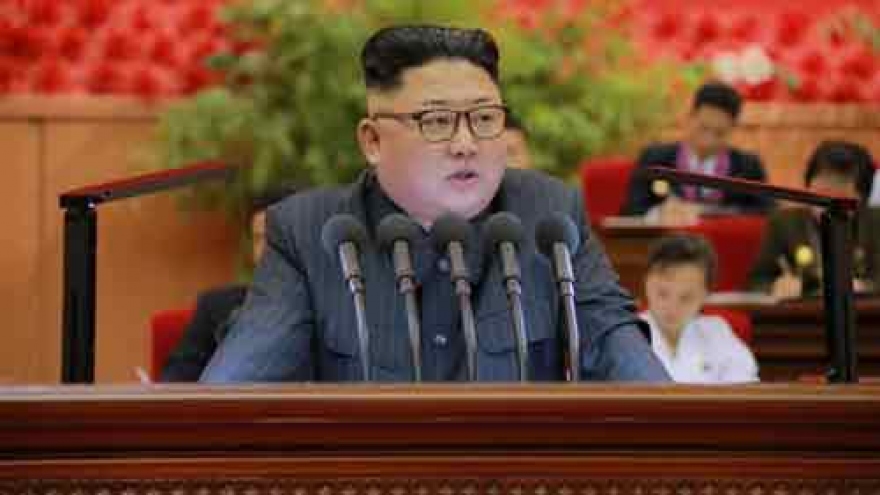US says THAAD not negotiable, but confident on DPRK sanctions
The planned US deployment of the THAAD anti-missile system in the RoK is not negotiable as part of efforts to agree new UN sanctions on DPRK after its fifth nuclear test, but Washington is confident tougher steps will be agreed before long, the senior US diplomat for Asia said on September 23.
 |
| A Terminal High Altitude Area Defense (THAAD) interceptor is launched during a successful intercept test, in this undated handout photo provided by the U.S. Department of Defense, Missile Defense Agency. U.S. Department of Defense, Missile Defense Agency/Handout via... |
Asked whether THAAD was negotiable, Daniel Russel, the U.S. assistant secretary of state for East Asia, referred to a U.S.-Republic of Korea agreement on the deployment.
"No. The two countries have made a decision," he told Reuters.
U.S. Secretary of State John Kerry, meeting Southeast Asian leaders in New York on the sidelines of the U.N. General Assembly, said the United States would "do whatever is necessary to defend our own citizens and to honor our security commitments to our allies."
Discussions are under way on a possible new U.N. sanctions resolution on DPRK after it conducted its fifth and largest nuclear test on Sept. 9.
Russel later told a news briefing discussions were still at an early stage, but he was confident that a new U.N. resolution would be agreed before long, imposing further sanctions and tightening existing ones.
Among the aims, he said, would be to prevent DPRK's abuse of international infrastructure, including banking and shipping, to further its nuclear program.
China is DPRK's main ally, but has been angered by its repeated missile and nuclear tests and backed tough U.N. sanctions on Pyongyang in March.




